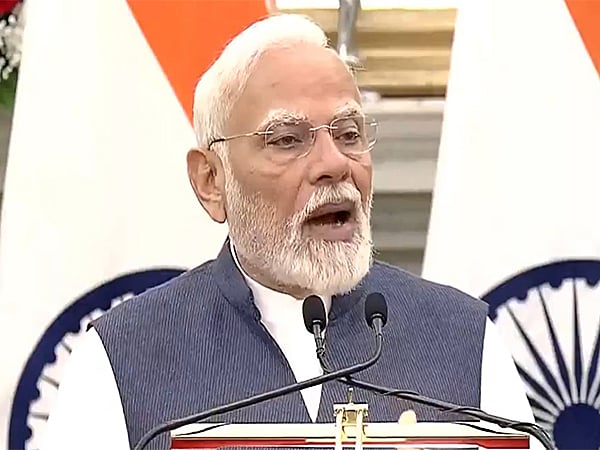Delhi HC quashes CIC order on PM Modi’s degree, calls educational records personal information
Rules educational records, including marksheets, are personal information under RTI

Dubai: The Delhi High Court on Monday quashed a Central Information Commission (CIC) order directing disclosure of Prime Minister Narendra Modi’s undergraduate degree from Delhi University, ruling that educational qualifications fall under “personal information” protected under the Right to Information Act (RTI).
Justice Sachin Datta, who reserved the judgment on February 27, observed that “something which is of interest to the public” is different from “something which is in the public interest.” He held that while citizens may be curious about private details of an individual’s life, such curiosity does not override statutory protections of confidentiality.
The case originated from an RTI request filed by Neeraj in 2016, seeking access to records of all students who passed the BA exam in 1978, the year PM Modi graduated. The CIC had allowed public inspection of these records, but the High Court had earlier stayed the order on January 23, 2017.
During the hearing, Solicitor General Tushar Mehta, representing Delhi University, argued that the university has no objection to producing the degree record before a court but that indiscriminate disclosure would compromise the fiduciary trust between the university and its students. He emphasised that releasing such information could encourage RTI applications driven by publicity or political motives.
“The framework does not permit disclosure of marks or grades to any third party. There is an implicit duty of trust and confidentiality in handling students’ academic records,” the judgment noted, likening the university-student relationship to fiduciary relationships such as doctor-patient or lawyer-client, marked by trust, confidence, and a duty of care.
The Court set aside the CIC’s 2016 directive, which had allowed inspection of Delhi University records from 1978. Delhi University had contended that student records are held in a fiduciary capacity, and disclosure without a compelling public interest would be unlawful.
The judgment underscores that educational records, including degrees and marksheets, are protected under Section 8(1)(j) of the RTI Act, and cannot be disclosed merely to satisfy public curiosity.
“University has no objection in showing the record to the court. There is a degree from 1978, Bachelor of Arts,” Solicitor General Mehta told the court.
This ruling reaffirms the balance the RTI Act seeks to maintain between transparency and protection of personal information.
Sign up for the Daily Briefing
Get the latest news and updates straight to your inbox
Network Links
GN StoreDownload our app
© Al Nisr Publishing LLC 2025. All rights reserved.